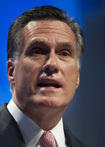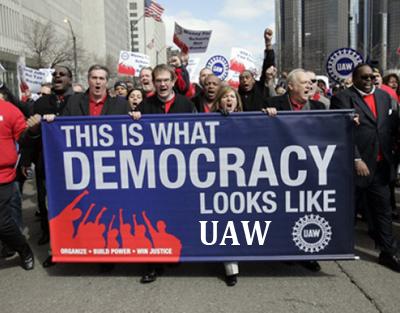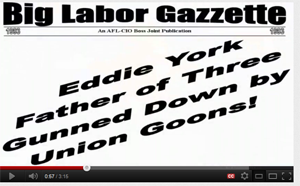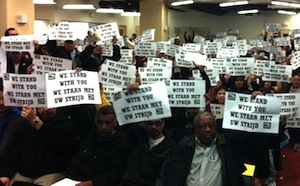AFSCME & SEIU Bosses Spend Big Against Romney
The Hill is reporting that big union bosses dipped into their forced-union dues treasuries to try to damage Republican presidential candidate Mitt Romney:
Unions including The American Federation of State, County and Municipal Employees (AFSCME) and Service Employees International Union (SEIU) are making ad buys to hit the Republican presidential contender.
AFSCME, the country’s largest public sector union, spent $500,000 on Internet, television and radio ads to air in Ohio that target Romney before the state’s GOP presidential primary this coming Tuesday, according to Federal Election Commission (FEC) records. Last month, the union also spent $1 million on Internet and television ads opposing Romney in Florida before that state’s GOP presidential primary.
Larry Scanlon, AFSCME's political director, told The Hill that while Romney has yet to officially sow up [sic] the nomination, the general election season has begun.
"Our position is: We are in a general election now. We want voters to hear our message," Scanlon said. "We have endorsed Obama, and we're going to do what we can to get him reelected."
Scanlon also said that unlike other GOP candidates, the ex-Massachusetts governor has concentrated on issues key to labor.
“Romney has been talking about our issues, workers' issues, and he's on the wrong side of those issues. So that's why we're going after him,” Scanlon said.






